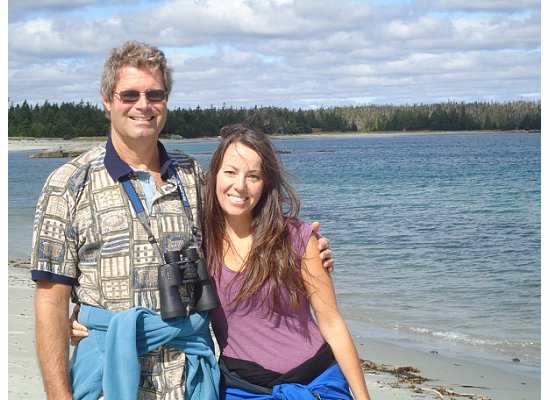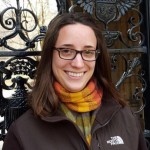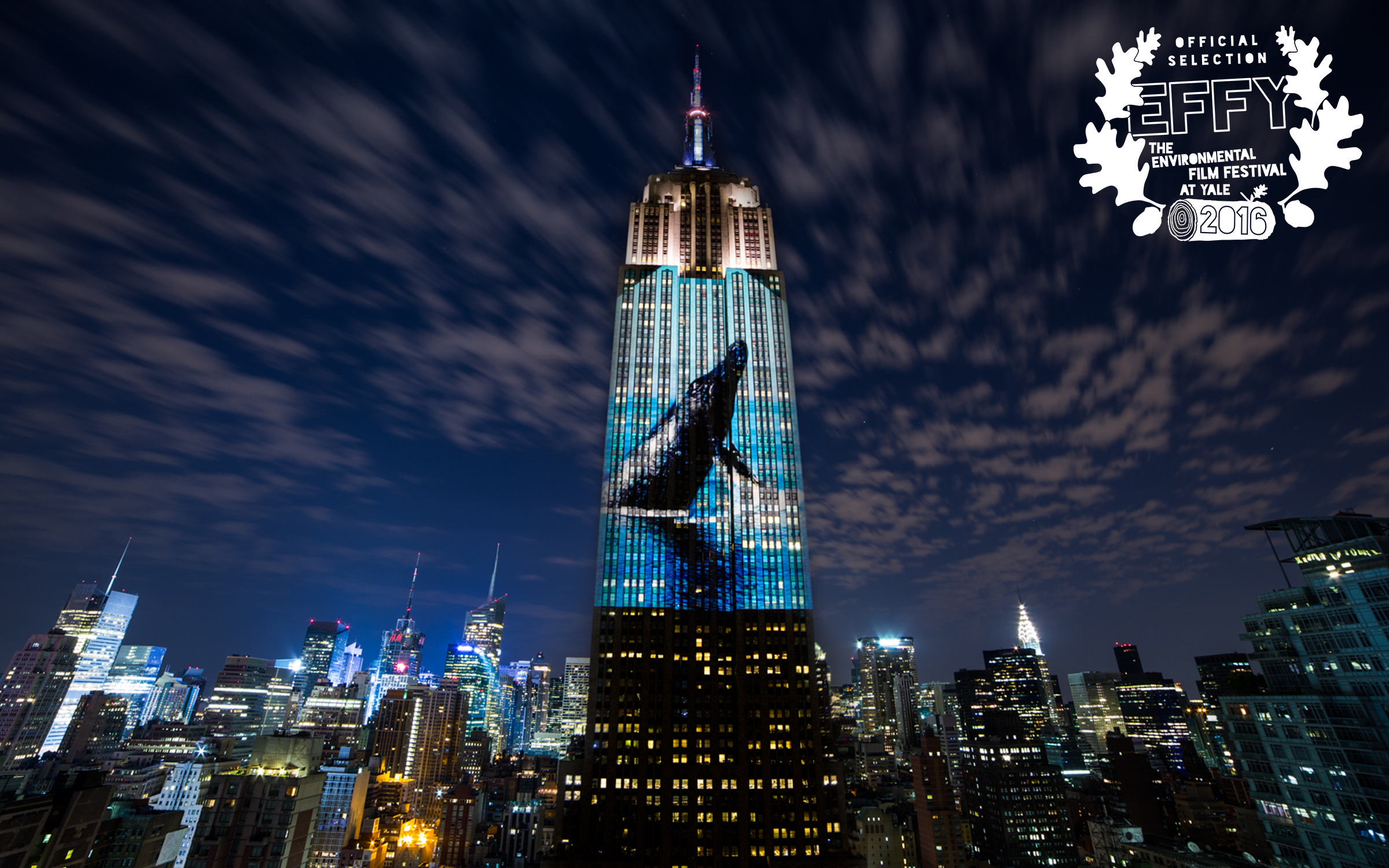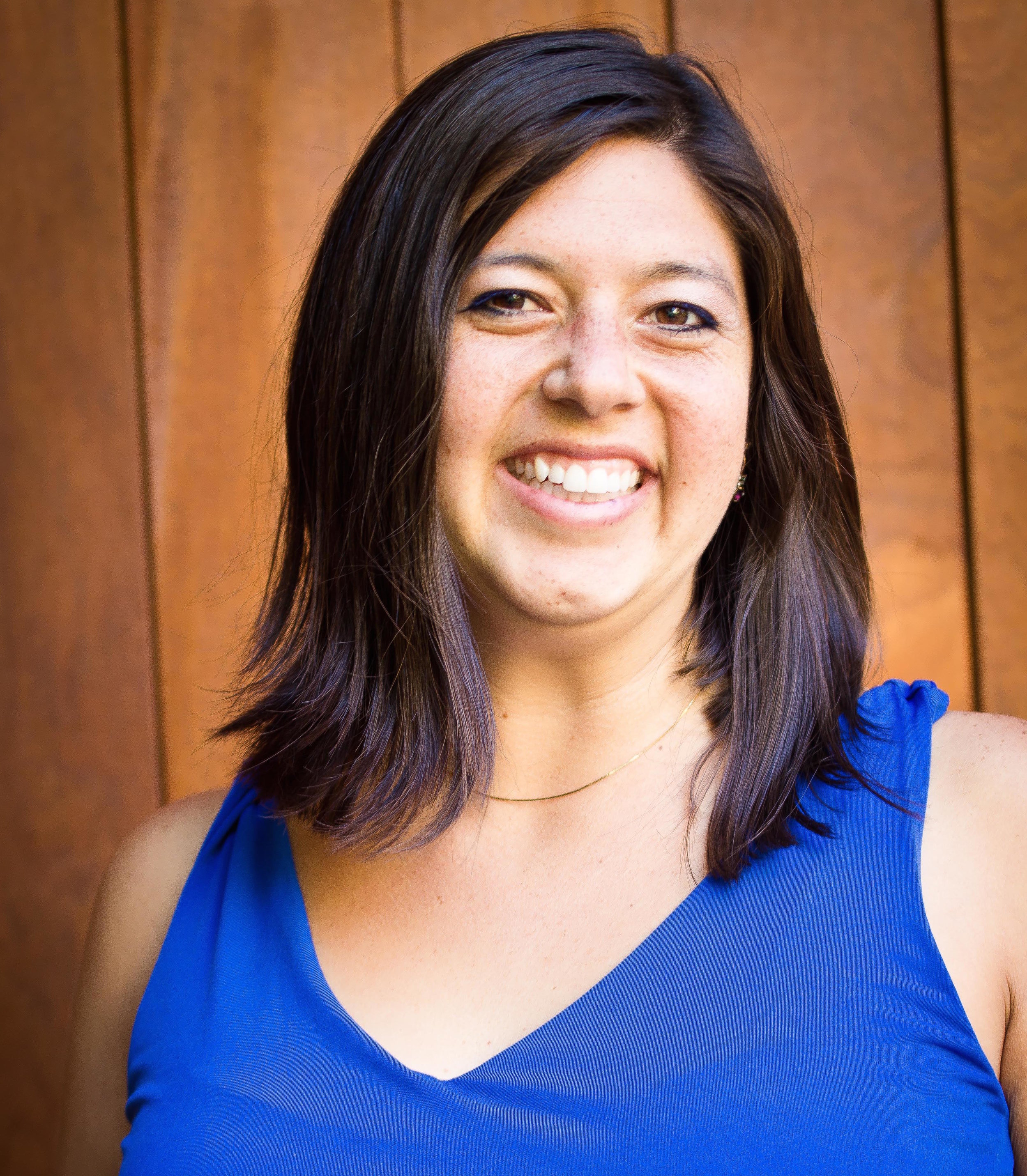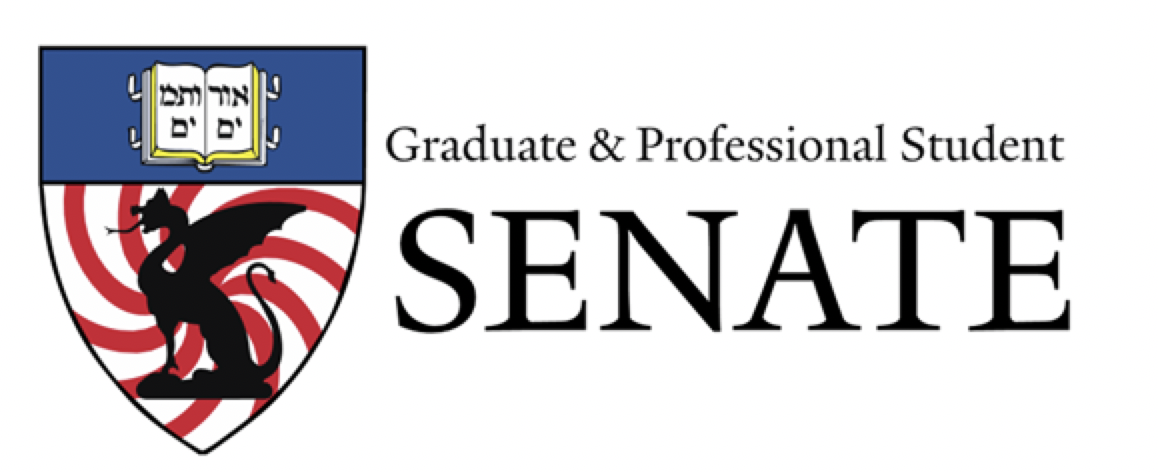By Matthew Goldklang
Film is an unconventional avenue for action. Reality footage enables people to connect to issues, places, and people far removed from the audience.The Environmental Film Festival at Yale (EFFY) provides a venue for screening and discussing impactful films on modern environmental challenges. Sonya Wulff and Scott Gray, a couple from Wallingford, found their passion for nature and the environment reflected within the themes of EFFY films, inspiring them to foster discussions about those very films in their hometown.
The couple describes their beginnings in environmental action as rooted in their love for the outdoors and nature. Commonly found on trails around Connecticut, Scott and Sonya are passionate stewards of their local forests and environments. They are “professional volunteers,” maintaining trails and engaging outdoor education. Scott and Sonya explore ideas of nature as a couple. For them, nature is something to share.
Their involvement in EFFY dates back to 2010. It wasn't until 2012, when their working lives had eased, that EFFY inspired the couple to bring film to Wallingford. Their local library had received a grant, and looking for a way to bring their passion to their community, Sonya and Scott requested that the library screen and discuss films from EFFY. The library quickly engaged the idea, and the couple began to adapt a film series on the environment. Their first film was Force of Nature, which explores the limits of nature within the confines of capitalism, and was followed with a discussion.
From the start, the local series was a success. The events brought in growing audiences from the surrounding areas. Scott and Sonya inspired community conversations. Their goals took three demonstrated forms: to expose, to educate, and to involve. People endorsed the screenings “not as experts, but as engaged citizens.” Some of the most popular screenings include GMO OMG and Chasing Ice. The events, however, grew beyond expectations, to include panels with experts and open houses for volunteer organizations. Such experiences provided direct opportunities for community members to get involved. The films and discussions inspired a number of community members, including Scott and Sonya, to testify at the capital on environmental legislation. Scott and Sonya’s passion, with the toolkits provided at EFFY, activated community building around environmental awareness and values.
The couple has their calendars blocked off this year for EFFY. They are excited to learn more and to enable others to grapple with environmental issues in our world and its resources. Sonya and Scott, when asked about expansion of their program, thought other local communities could benefit from screening the films locally. As they continue to act on their environmental zeal, they hope their community’s annual inspiration is renewed and that others join the cause.
 Matthew Goldklang is a senior at Yale University studying Geology and Geophysics, and Energy Studies. He focuses on climate change and energy communications, and works at the Science Communications Network with Impact (SCWIN) at Yale.
Matthew Goldklang is a senior at Yale University studying Geology and Geophysics, and Energy Studies. He focuses on climate change and energy communications, and works at the Science Communications Network with Impact (SCWIN) at Yale.

